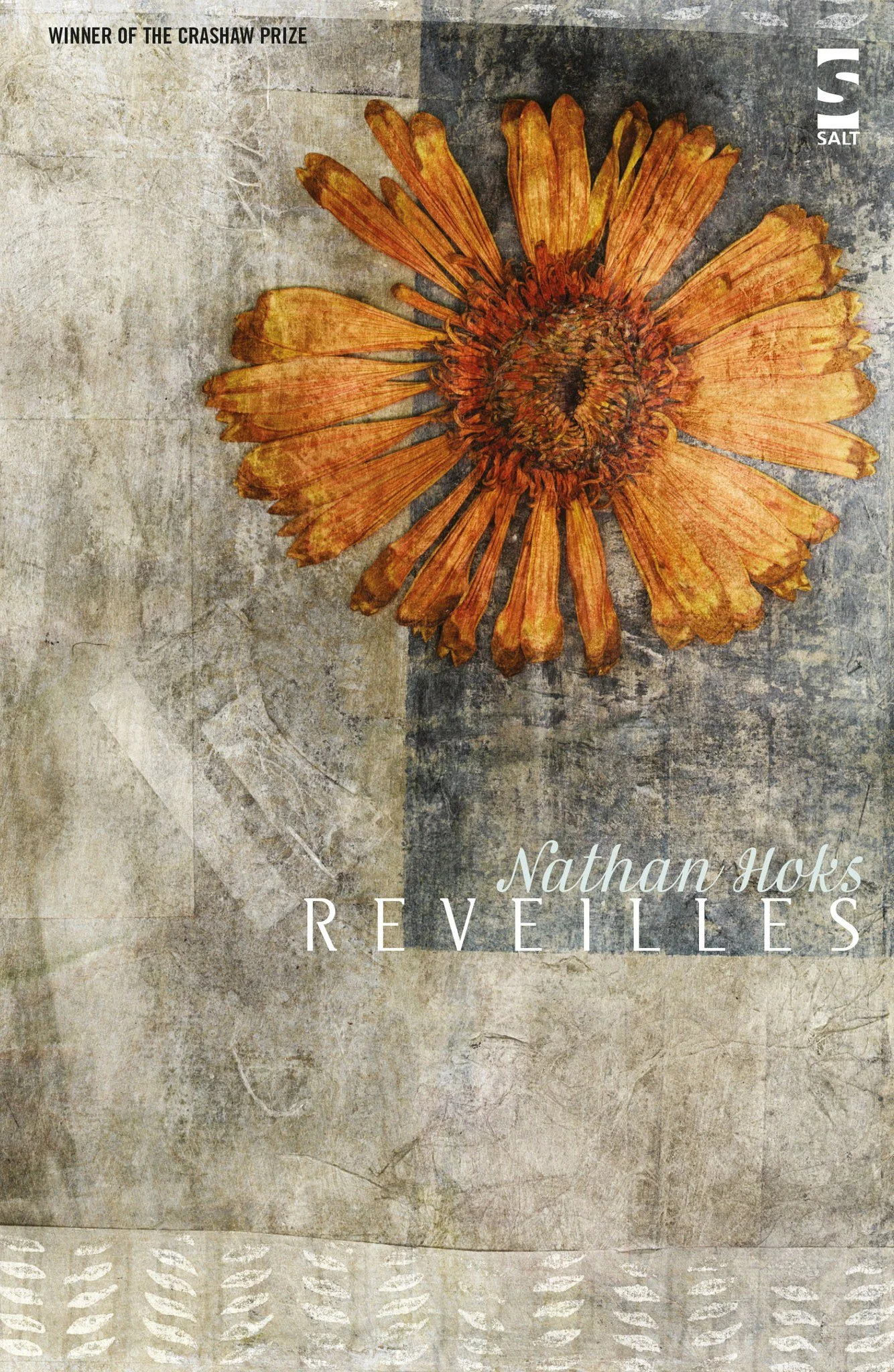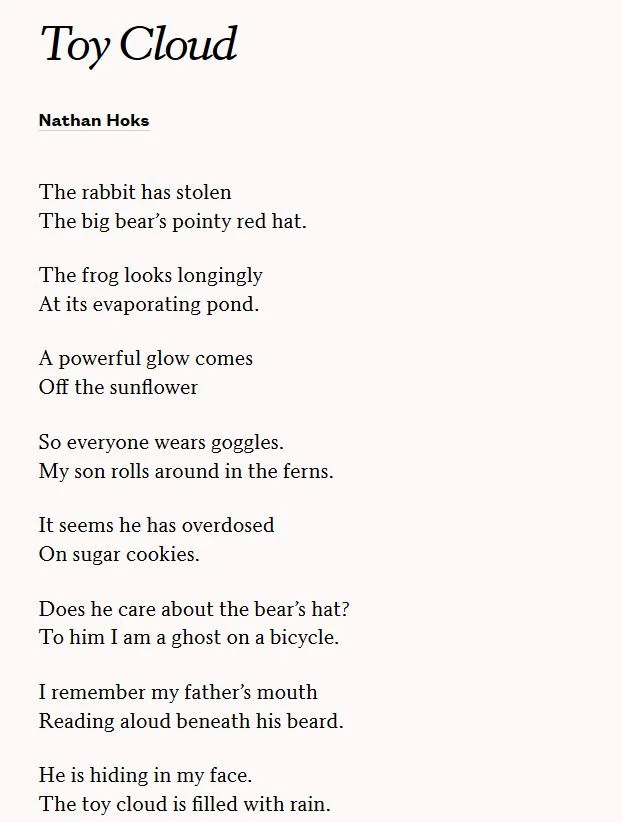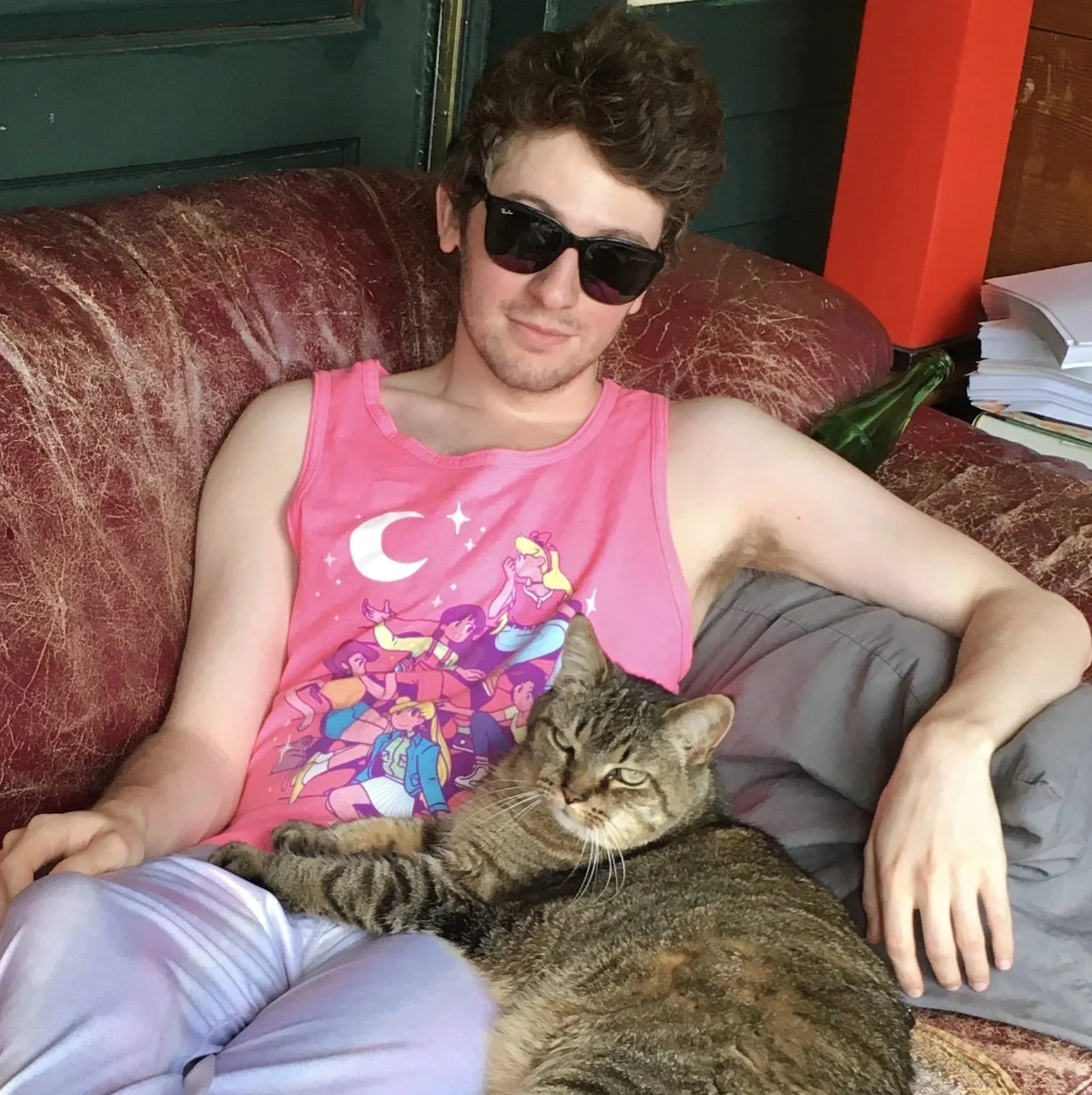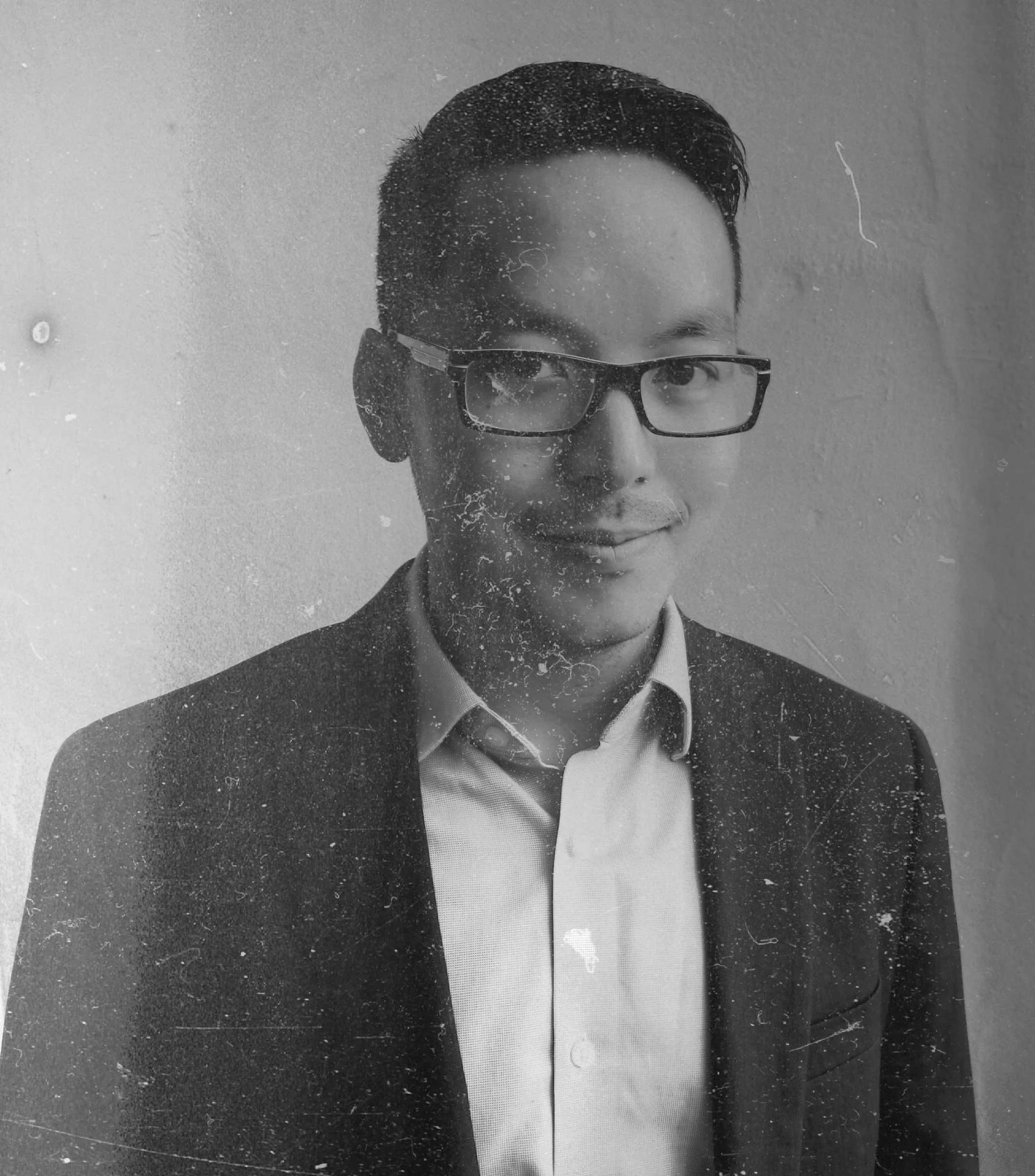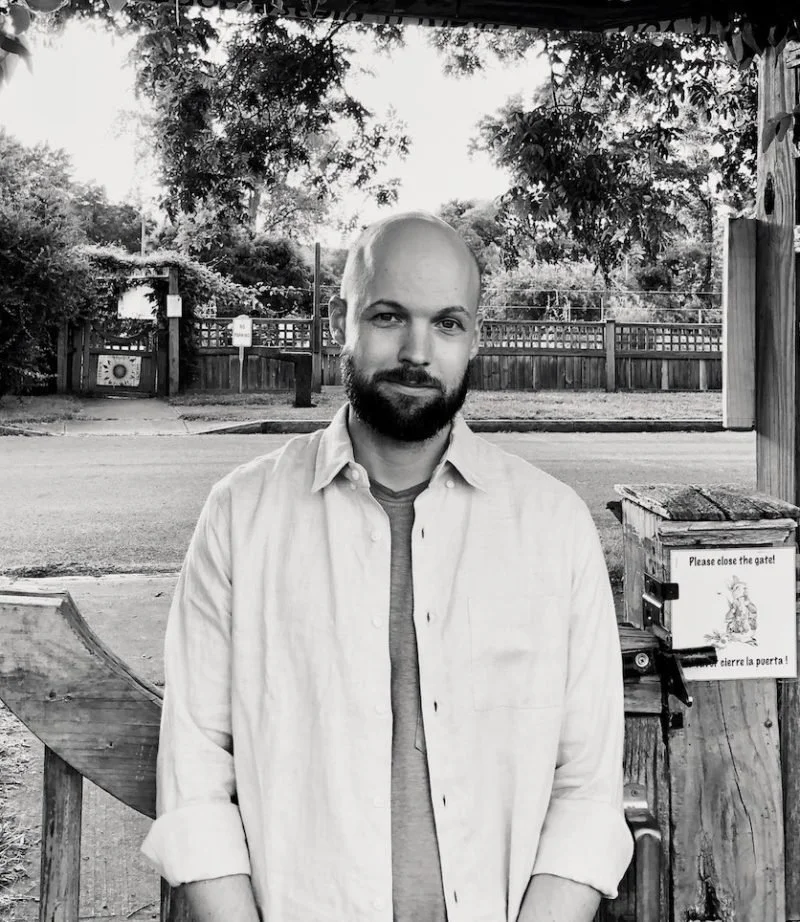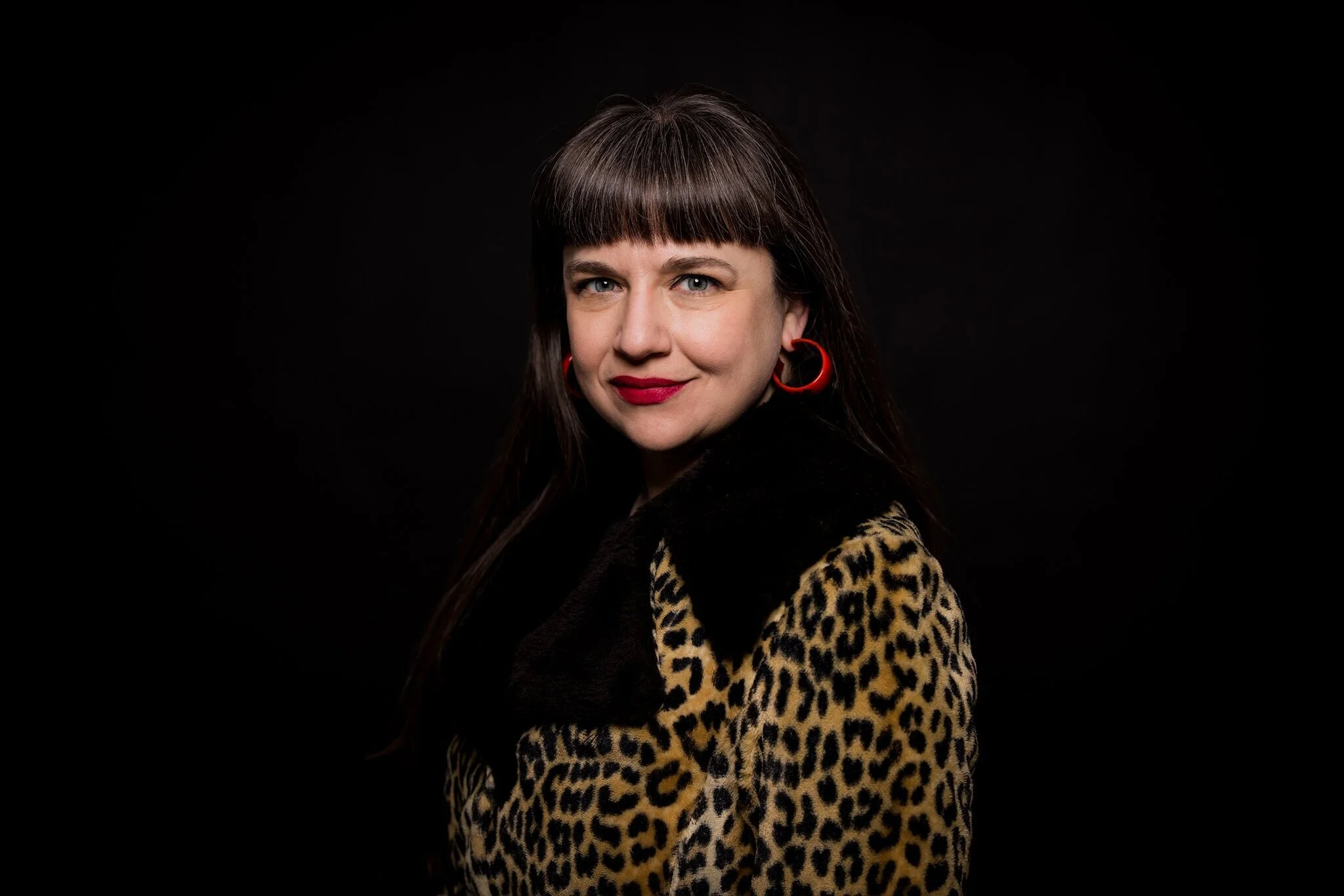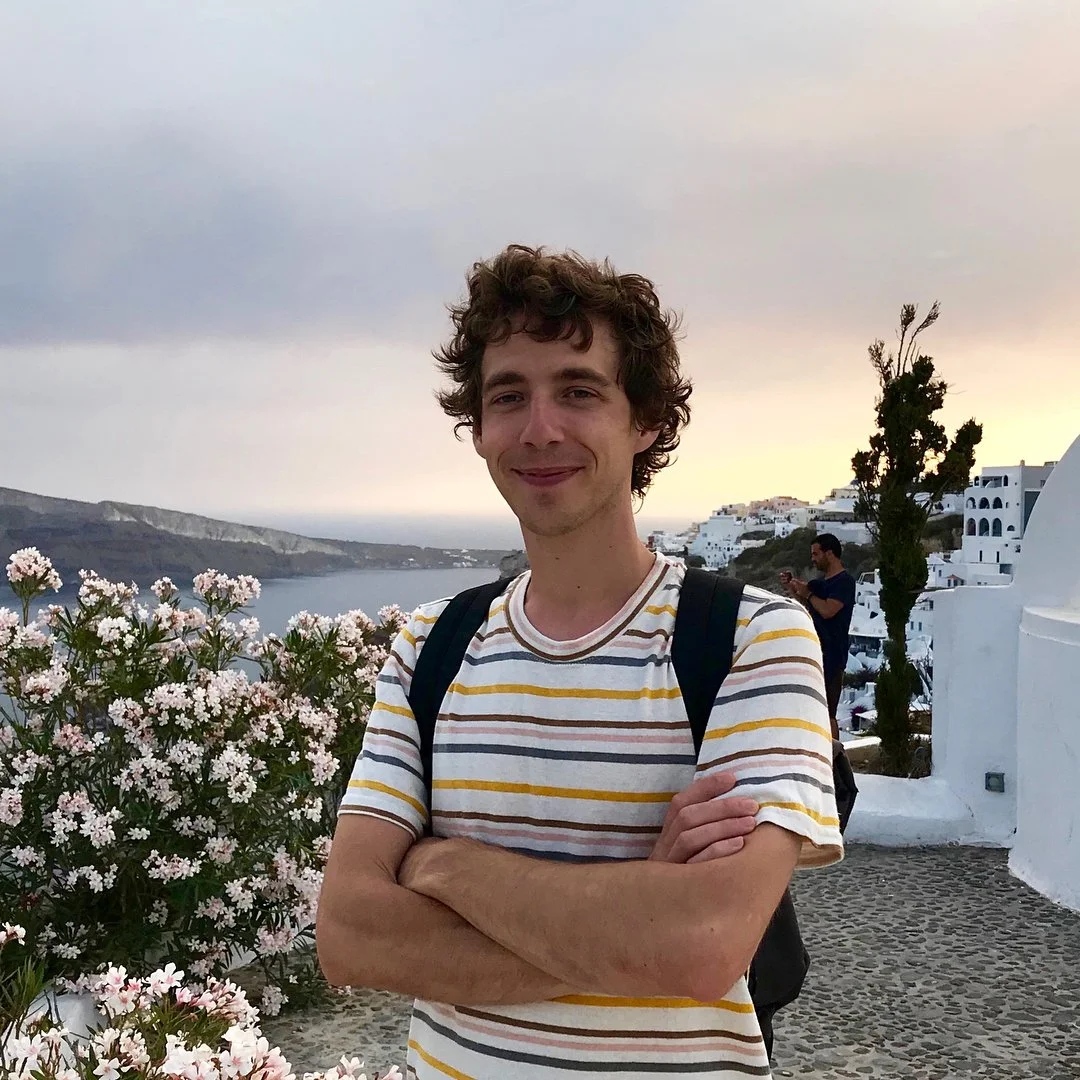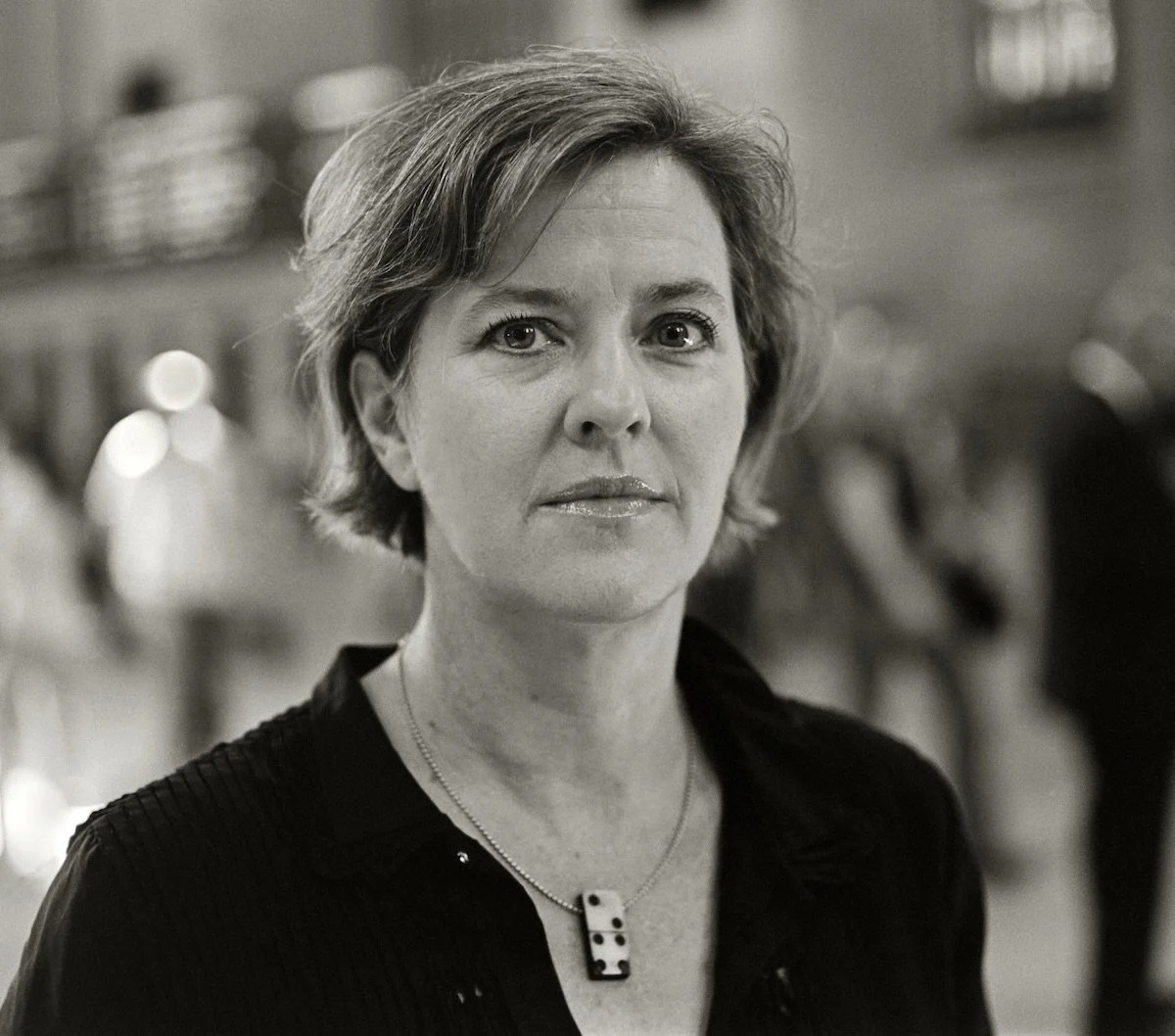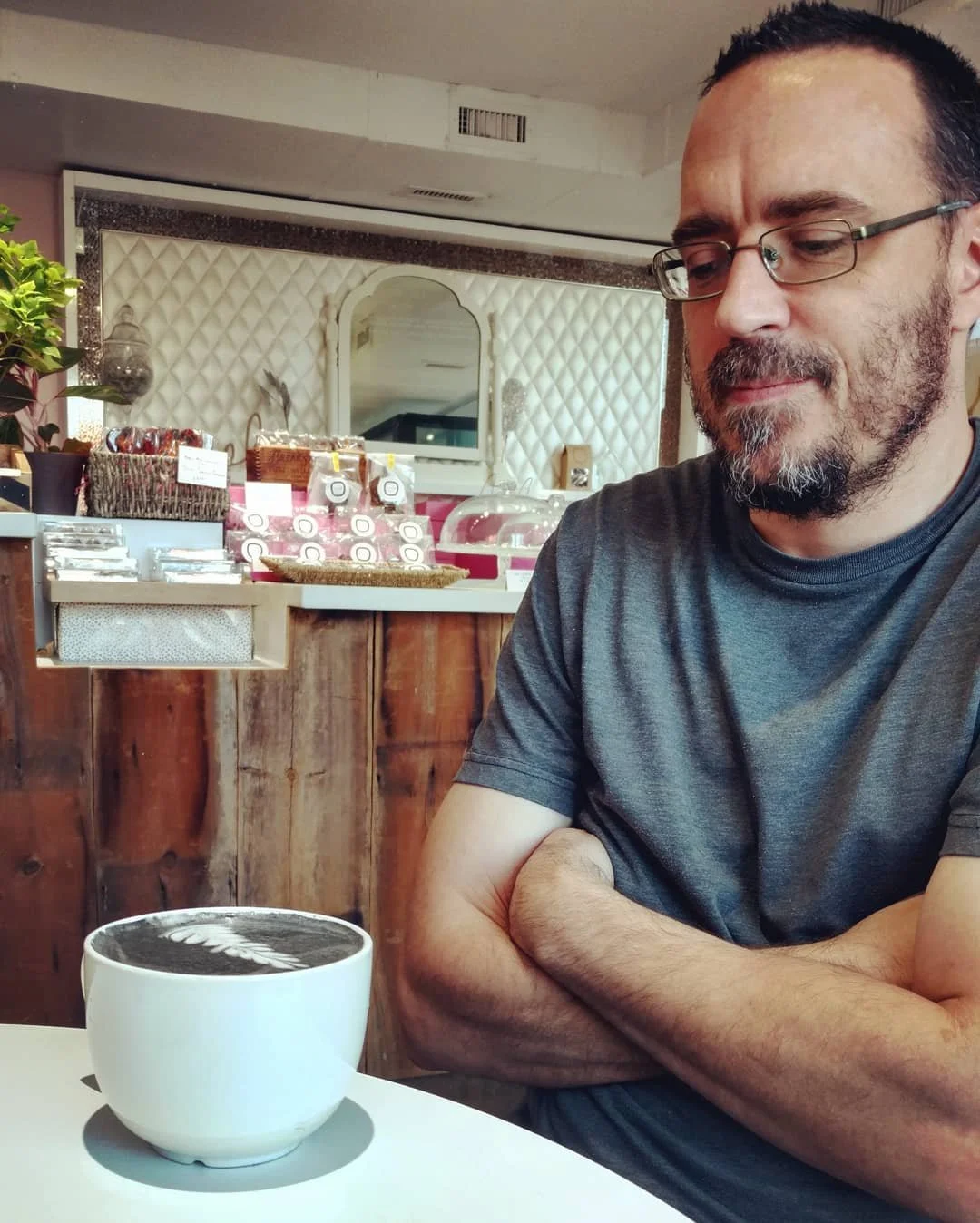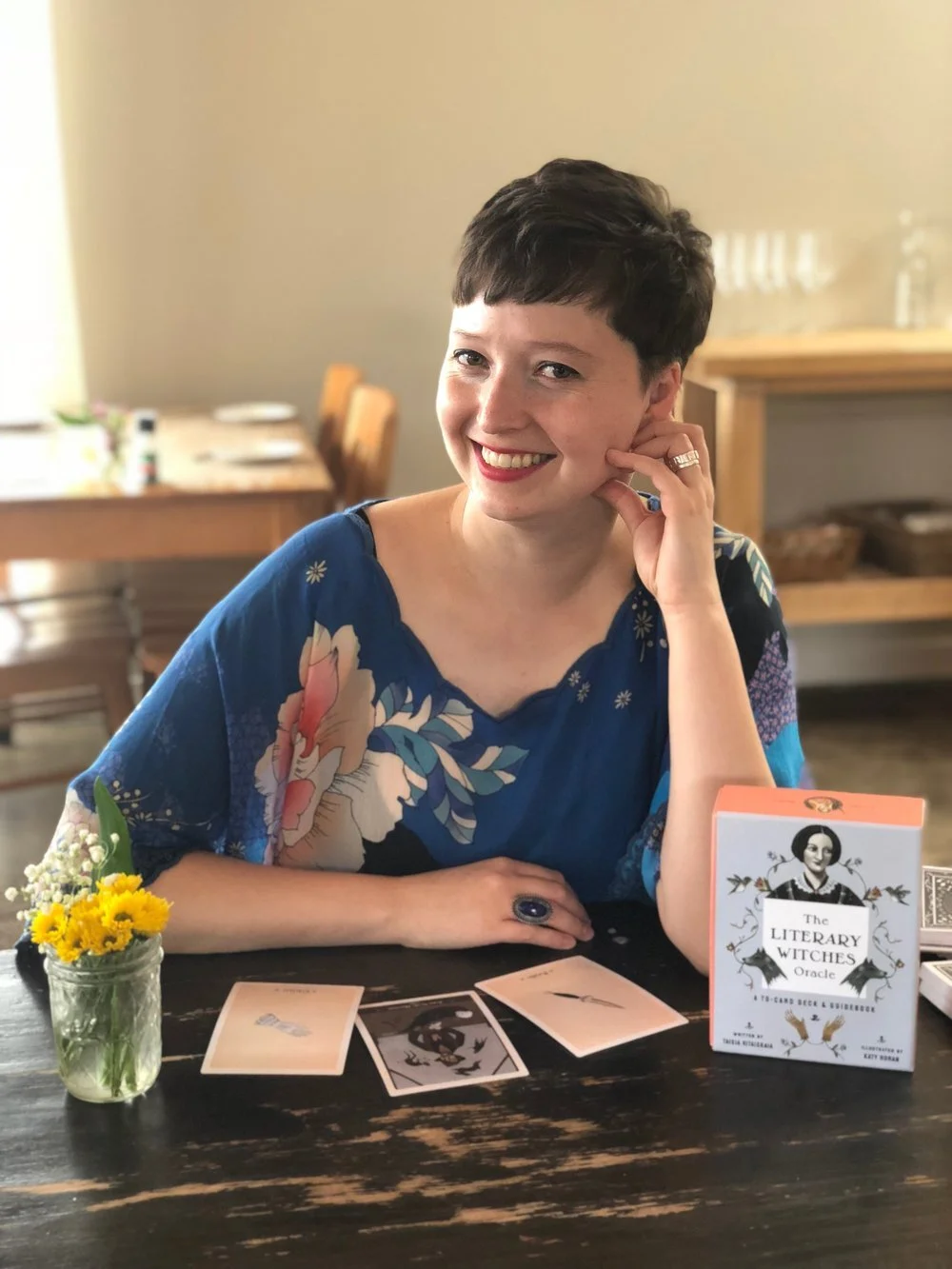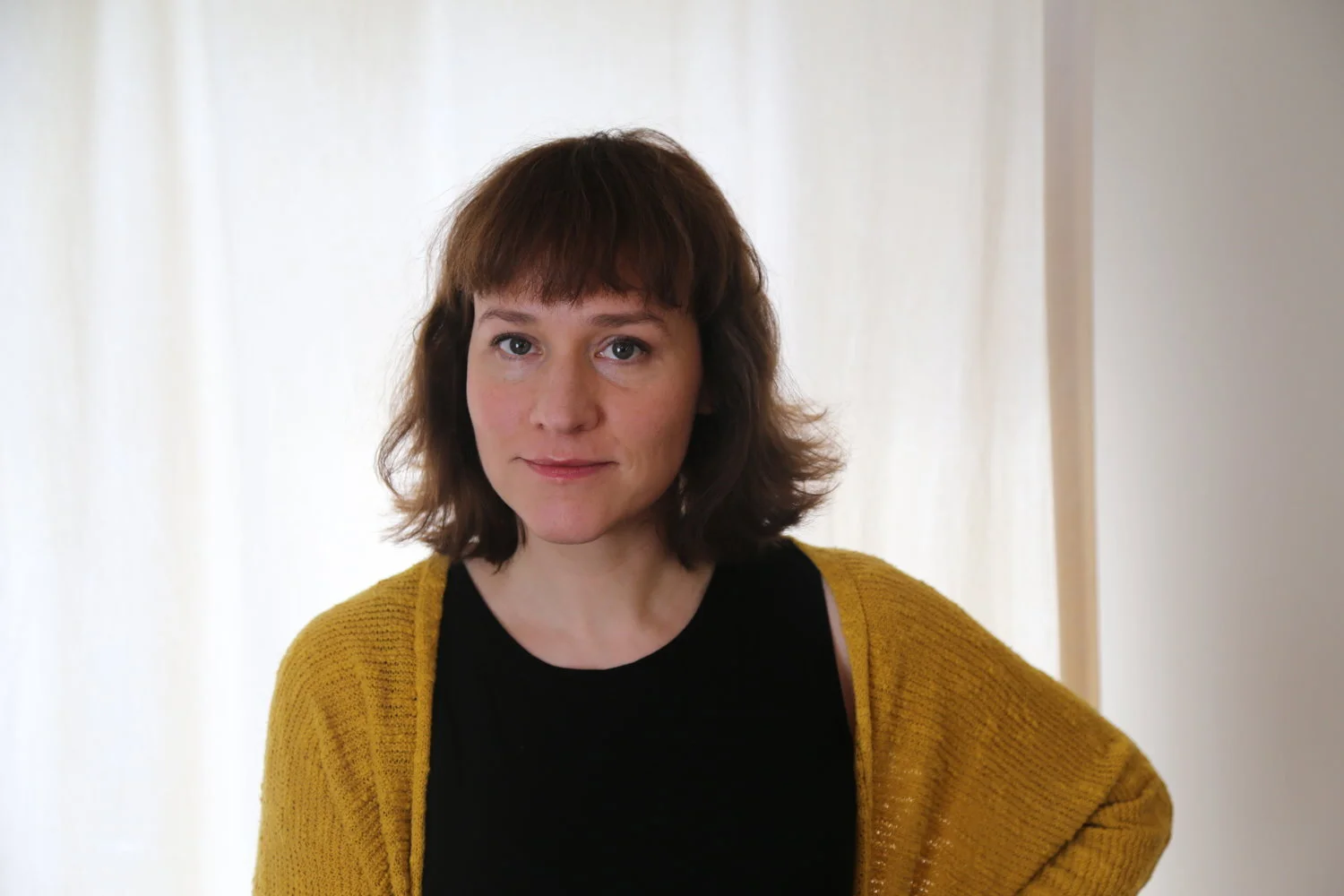The Chicago-based poet Nathan Hoks is the author of two collections of poetry: 2013’s The Narrow Circle (Penguin) and 2010’s Reveilles (Salt Publishing). In 2018, Hoks was awarded a one month residency at the Tomaž Šalamun Center for Poetry in Ljubljana, Slovenia as a result of his chapbook Moony Days of Being (Factory Hollow Press). A poet as well as a professor (University of Chicago and Loyola), I discovered Hoks’ dreamy and experimental work at a monthly house reading back in February. Reading entirely new material, Hoks accompanied every poem with a personalized playing card of William Blake quotes. Hoks explained that while his poems are abstract and situated in the subconscious, the Blake quotes would create a wrap-up or concrete moral, thus further allowing the audience to find connections where they otherwise wouldn’t exist. For this interview, I spoke with Hoks via email and later in person. We chatted about his manuscript(s)-in-progress, his favorite place on the planet, his use of automatism, sea turtles, moons, The Cure, and more. Enjoy it below.
via The Narrow Circle (2013)
Let's begin with a curve ball/icebreaker question. You're stranded on a desert island and you get to choose one sea creature (living/extinct/mythological) to latch onto and guide you to safety. Choose wisely.
Clearly a sea turtle! They survived the dinosaurs and they seem so chill. I'd feel both safe and calm. And if the poor guy didn’t make it, I could flip the shell and make it a boat. Surely it’ll float. Though now I realize I’d have to figure out a way to remove the carcass, which would be a challenge floating in the ocean. And then I’d just be sitting in a bloody upside down shell. Well, I guess I’d just hope the kind turtle wouldn’t die and would deliver me safely.
What are you currently working on? When I heard you read in March, it was all unreleased poems. Will those be part of something larger?
Yes, mostly those were part of a manuscript in progress which is called SLOVENIA since I started writing it in…Slovenia. I have two other finished manuscripts that my editor has been looking at for a zillion years.
You mentioned writing in Slovenia, which was during your one-month residency at the Tomaž Šalamun Center for Poetry in Ljubljana. What was that experience like? Productive? Was it your first time in Slovenia?
It was an excellent experience, and yes it was my first time in Slovenia. The literary community in Ljubljana was generous and welcoming and dynamic and provocative and amazingly proficient in English. I was able to work a lot and spend time getting to know some of the poets and writers in town. From a personal point of view, it was a little odd because I have young children and it was the first time I’d been away from them for such a long time. That made it difficult, but it also made me appreciate the time in a way I wouldn’t have otherwise. Tomaž Šalamun is a very important poet to me so I felt especially honored to have won that prize and hang out in his library!
Will pieces from 2018's Moony Days of Being be featured in your next full-length collection, or will those poems remain separate?
A full-length version of Moony Days is one of those two (above). That chapbook is about 1/3 of the book. There are many more moons!
via Reveilles (2010)
When I heard you read, you featured playing cards with Blake quotes to coincide/wrap up/provide a grounded moral to your poems. Have you done multimedia and/or interactive readings like that in the past?
The Narrow Circle has a multimedia element to it. I mixed pictures into that book by web searching various phrases from the poems then choosing images I liked. I don't necessarily think of myself as an interactive reader or performer, but the older I get, the more bored I get by poetry readings, both as a reader and as an audience member, so I try to keep it fresh. Also, I love the intimacy of the salon readings, and it felt important to take advantage of that aspect.
You also stated that you often don't know what your poems mean. Is your writing process automatic / subconscious? Like tapping into a dream?
Yes, sometimes. Automatism and the dream are important models for my process, but ultimately the process is quite diverse. The thing is, I have to keep reinventing it. What worked once won't necessarily work again. So while I’d like to always use a degree of automatism, I have to mix in all kinds of other very conscious elements. A constant, however, is that I have to forget entirely what I was thinking when I wrote something so that I can work with it in a more physical, material, and formal way.
Speaking of dreams, have you had any recent one(s) worth sharing?
I’m horrible at remembering dreams! And as Doug Martsch of Built to Spill reminds us, “No one wants to hear / What you dreamt about unless you dreamt about them.”
I tend to interview more musicians than poets, but a great deal of them are unhappy/critical with their earlier work. How do you view your 2010 debut collection as well as its 2013 follow-up?
I have mixed feelings. There are pieces that I'm really proud of, and there are pieces that have sentimental or nostalgic value, and then there are pieces that I'd rather not look at again! Ultimately, I prefer to keep focused on what’s to come.
How long were you writing poetry before that first collection was published?
So long! Upwards of 15 years if you count the terrible song lyrics I penned in junior high!
via Poets.org
What's your favorite place on Earth? It can be as large as a city or as tiny as a closet.
I know this is horribly cliche, but I have to say Paris. It's a place where I feel the perfect mixture of freedom and strangeness, familiarity and discomfort. It's small enough to cover on foot, it's both beautiful and disgusting. I speak French enough to get on, but not so much that I feel native. The food's pretty good, too. 2nd choice would be my bike trainer in my basement.
If you can, provide a photo of your work space. What are some essentials while you write?
I work all over the place, in various conditions, and with many devices. These include: yellow legal pads, Google Drive on a laptop, Google Drive on my phone, a flimsy Moleskine notebook, my couch, the couch in the coffee shop, my desk at home, the kitchen table, the dining room table, the desk at my job, the other desk at my other job, on the bus, on the train, on a stationary bicycle trainer, walking around, rocking my 2-year-old to sleep, etc. I used to love to write to music but I can’t do that anymore. I absolutely love music and get too engrossed in it.
Music is brought up a few times in this interview. What have you been listening to as of late? What's an album (or two) that you keep coming back to over the years?
The Cure’s Disintegration is the first album that I developed an intense affinity with as an adolescent, and I’m still weirdly obsessed with it. Most of the tracks are at least 6-minutes long so you can really get lost in them. Most of the songs are quite repetitive in their rhythms and bass lines, but they build in intensity in really striking ways. And on top of that, I love the way there's both a simplicity and depth in the layering of keyboard and guitar melodies. Apparently Robert Smith recorded most of the guitar melodies with a bass-6 so they have this unmistakably bulky feel to them. Yet they're crystalline -- there's such clarity in them. I'm thinking specifically of tracks like "Closedown" and "The Same Deep Water as You." To me, the weightiness of the bass-6 makes them feel perfectly plaintive. Another album I come back to quite a lot is New Order's Substance, which isn't really an album but a collection of singles, I think specifically of 12-inch versions. I can't get enough of Peter Hook's high-register bass melodies! They also feel plaintive, bringing a kind of mournful contrast to the up-tempo synth work. I just love how understated that sorrow is, and how it's allowed to blend and coexist with the manic dance-vibe of their singles. I really think that, in a way, the group collectively mourned Ian Curtis's death through Hook's baselines. In terms of new-ish music, I've been listening to a lot of the great jazz and deep house that's coming out of London. Kokoroko and Yussef Kamaal especially. I'm also quite smitten with Jon Hopkins's Immunity and Four Tet's New Energy. Those two albums are just splendid to get lost in. I also geek out on Belgian and German techno. Finally, Big Thief's Capacity blew me away big time. Adrianne Lenker is a brilliant songwriter!
via The Narrow Circle (2013)





